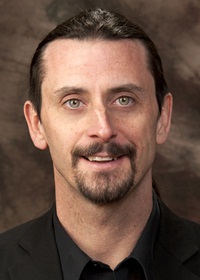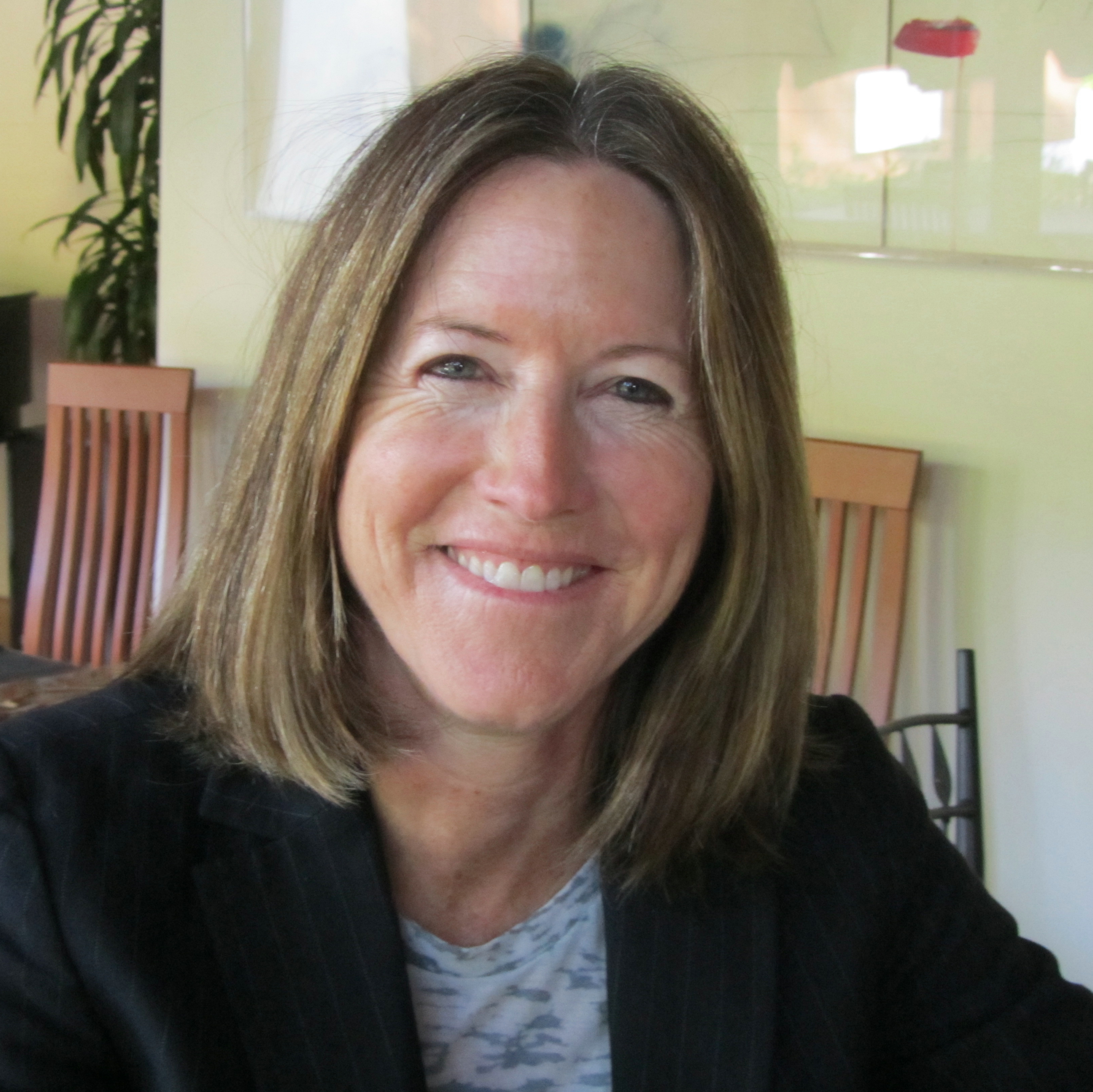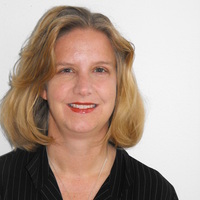Date: Tuesday, 17 November 2015
Time: 12:15-1:30
Want the chance to have lunch with an eminent scholar in the anthropology of NGOs and Non-profits? Want to share your ideas or research and hear their expert insights to help you move forward? Sign-up to spend Tuesday lunch with one of the five anthropologists below, each of whom is helping to shape the field. Both grads and undergrads are welcome. We will do our best to match you with one of your top choices. Click here to sign up!
Vincanne Adams is professor and Vice Chair of the Department of Anthropology, History and Social Medicine at the University of California San Francisco, Joint Program in Medical Anthropology with UC Berkeley. She is the author of five books and edited volumes on Asian medicine, health development, and post-disaster capitalism in the US. Her last book is Markets of Sorrow, Labors of Faith: New Orleans in the Wake of Katrina (Duke), and her new volume is called Metrics: What Counts in Global Health (Duke). She has had enthnographic engagement with NGOs in relation to health in all of these communities for over 25 years and her current research explores the intersection of philanthropy, NGOs, neoliberal governance, and metrics.
Heather Hindman is an associate professor at the University of Texas at Austin, in Asian Studies and Anthropology. Her book Mediating the Global: Expatria’s Forms and Consequences in Kathmandu (Stanford University Press 2013) explores the employment practices and daily lives of elite aid workers and diplomats over the last several decades of changes in the development industry, with a critical analysis of human resources management and cross-cultural communication. She is also the co-editor of Inside the Everyday Lives of Development Workers (Kumarian Press 2011). Recent publications include articles that explore Nepal’s elite migration practices, the rise of voluntourism and the shifting interests of aid donors in Nepal. She also writes about the intersection of education mobility and labor migration and Nepal’s connections to South Korea. Her current research examines youth activism and labor, particularly among elites with overseas experience.
 David Lewis is professor of social policy and development at the London School of Economics and Political Science. A social anthropologist by training, he has degrees from the Universities of Cambridge and Bath. He teaches and undertakes research on the theory and practice of international development, with a specialization in development policy issues in South Asia, non-governmental organizations (NGOs) and civil society, and rural development. He has regularly carried out fieldwork in Bangladesh since 1986 and has also worked in the Philippines, Nepal, and Sri Lanka. Relevant publications relating to NGOs and civil society include: Development Brokers and Translators: The Ethnography of Aid and Agencies (2006, ed. with David Mosse), ‘NGOs, Management and Development’ (2014), ‘Non-Governmental Organisations and Development’ (2009, with Nazneen Kanji), ‘Bangladesh: Politics, Economy and Civil Society’ (2011), and ‘Anthropology and Development: Challenges for the 21st Century’ (with K. Gardner, 2015). He has also carried out advisory work with a wide range of organizations including Oxfam, The Asia Foundation, Save the Children, the UK Department for International Development (DFID), the Swedish International Development Cooperation Agency (Sida), and the International Food Policy Research Institute (IFPRI).
David Lewis is professor of social policy and development at the London School of Economics and Political Science. A social anthropologist by training, he has degrees from the Universities of Cambridge and Bath. He teaches and undertakes research on the theory and practice of international development, with a specialization in development policy issues in South Asia, non-governmental organizations (NGOs) and civil society, and rural development. He has regularly carried out fieldwork in Bangladesh since 1986 and has also worked in the Philippines, Nepal, and Sri Lanka. Relevant publications relating to NGOs and civil society include: Development Brokers and Translators: The Ethnography of Aid and Agencies (2006, ed. with David Mosse), ‘NGOs, Management and Development’ (2014), ‘Non-Governmental Organisations and Development’ (2009, with Nazneen Kanji), ‘Bangladesh: Politics, Economy and Civil Society’ (2011), and ‘Anthropology and Development: Challenges for the 21st Century’ (with K. Gardner, 2015). He has also carried out advisory work with a wide range of organizations including Oxfam, The Asia Foundation, Save the Children, the UK Department for International Development (DFID), the Swedish International Development Cooperation Agency (Sida), and the International Food Policy Research Institute (IFPRI).
 Steven Sampson, Lund University (Ph.D. UMASS), did fieldwork in Romania before 1989, and has since been an NGO consultant and evaluator in Romania, Albania, Bosnia, and Kosovo. He has been interested in ‘project life’ and ‘democracy export.’ His current work is on the anticorruption industry and on business ethics. He was one of the organizers of the first NGOs and Non-profits conference in 2013 and is a coeditor of the edited volume coming out of that conference. His major concern is that too many anthropologists are worried about what to do when they discover that NGO life has a dark side. “Will informants get angry at me? Will the opponents of my NGO use my data to discredit my NGO? If so, how much should I self-censor?”
Steven Sampson, Lund University (Ph.D. UMASS), did fieldwork in Romania before 1989, and has since been an NGO consultant and evaluator in Romania, Albania, Bosnia, and Kosovo. He has been interested in ‘project life’ and ‘democracy export.’ His current work is on the anticorruption industry and on business ethics. He was one of the organizers of the first NGOs and Non-profits conference in 2013 and is a coeditor of the edited volume coming out of that conference. His major concern is that too many anthropologists are worried about what to do when they discover that NGO life has a dark side. “Will informants get angry at me? Will the opponents of my NGO use my data to discredit my NGO? If so, how much should I self-censor?”
 Mark Schuller is Associate Professor of Anthropology and NGO Leadership and Development at Northern Illinois University and affiliate at the Faculté d’Ethnologie, l’Université d’État d’Haïti. Supported by the National Science Foundation Senior and CAREER Grant, Bellagio Center, and others, Schuller’s work has been recognized by peers, including the Margaret Mead Award. His research on NGOs, globalization, disasters, and gender in Haiti has been published in two dozen book chapters and peer-reviewed articles as well as public media, including a column in Huffington Post. He is the author of two monographs, including Humanitarian Aftershocks in Haiti (Rutgers, forthcoming) and co-editor of four volumes, including Tectonic Shifts: Haiti since the Earthquake (Kumarian Press, 2012). He is co-director / co-producer of documentary Poto Mitan: Haitian Women, Pillars of the Global Economy (2009). Schuller is co-editor of Berghahn Books’ Catastrophes in Context, a series in engaged social science on disasters, board chair of the Lambi Fund of Haiti, and active in several solidarity efforts.
Mark Schuller is Associate Professor of Anthropology and NGO Leadership and Development at Northern Illinois University and affiliate at the Faculté d’Ethnologie, l’Université d’État d’Haïti. Supported by the National Science Foundation Senior and CAREER Grant, Bellagio Center, and others, Schuller’s work has been recognized by peers, including the Margaret Mead Award. His research on NGOs, globalization, disasters, and gender in Haiti has been published in two dozen book chapters and peer-reviewed articles as well as public media, including a column in Huffington Post. He is the author of two monographs, including Humanitarian Aftershocks in Haiti (Rutgers, forthcoming) and co-editor of four volumes, including Tectonic Shifts: Haiti since the Earthquake (Kumarian Press, 2012). He is co-director / co-producer of documentary Poto Mitan: Haitian Women, Pillars of the Global Economy (2009). Schuller is co-editor of Berghahn Books’ Catastrophes in Context, a series in engaged social science on disasters, board chair of the Lambi Fund of Haiti, and active in several solidarity efforts.

